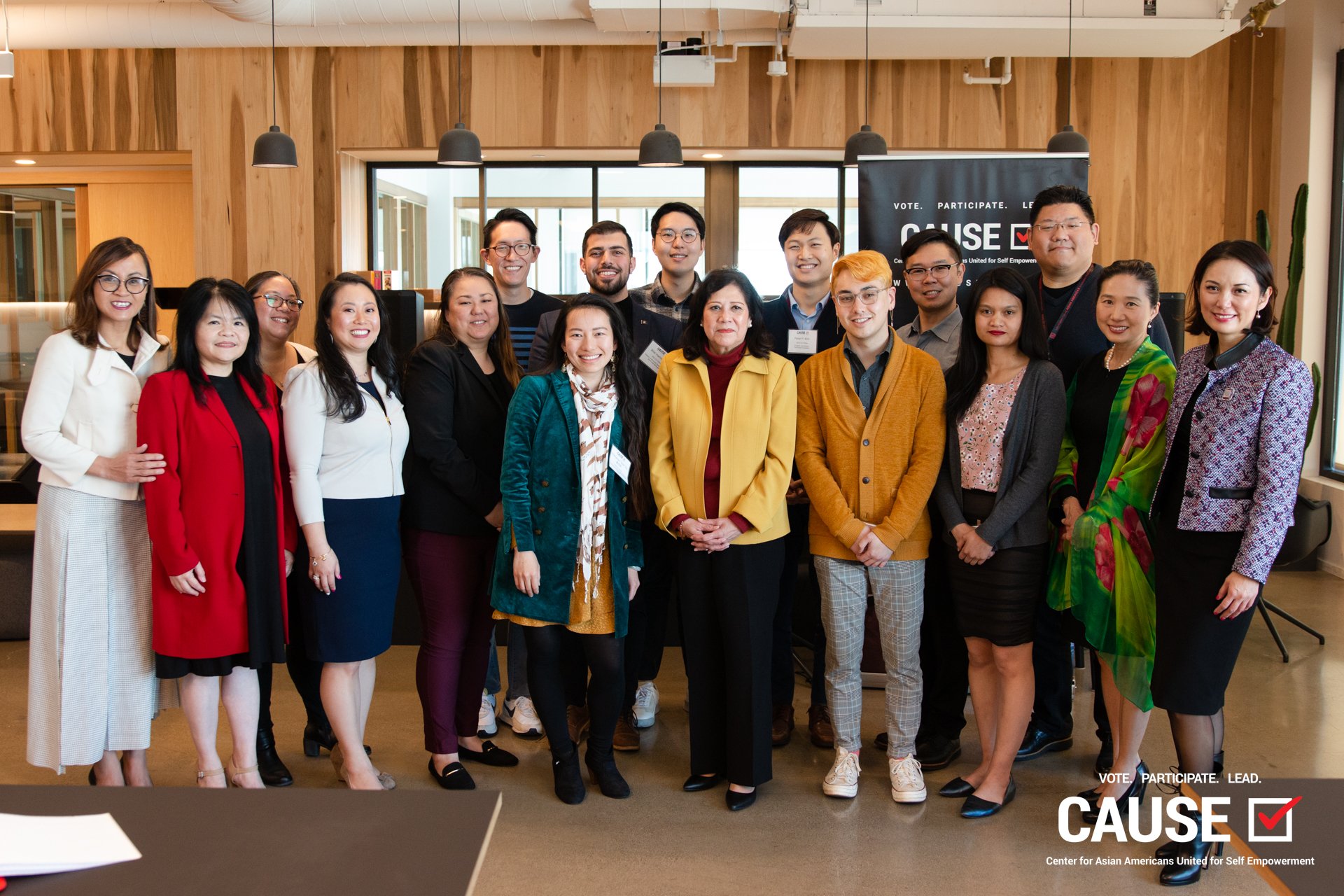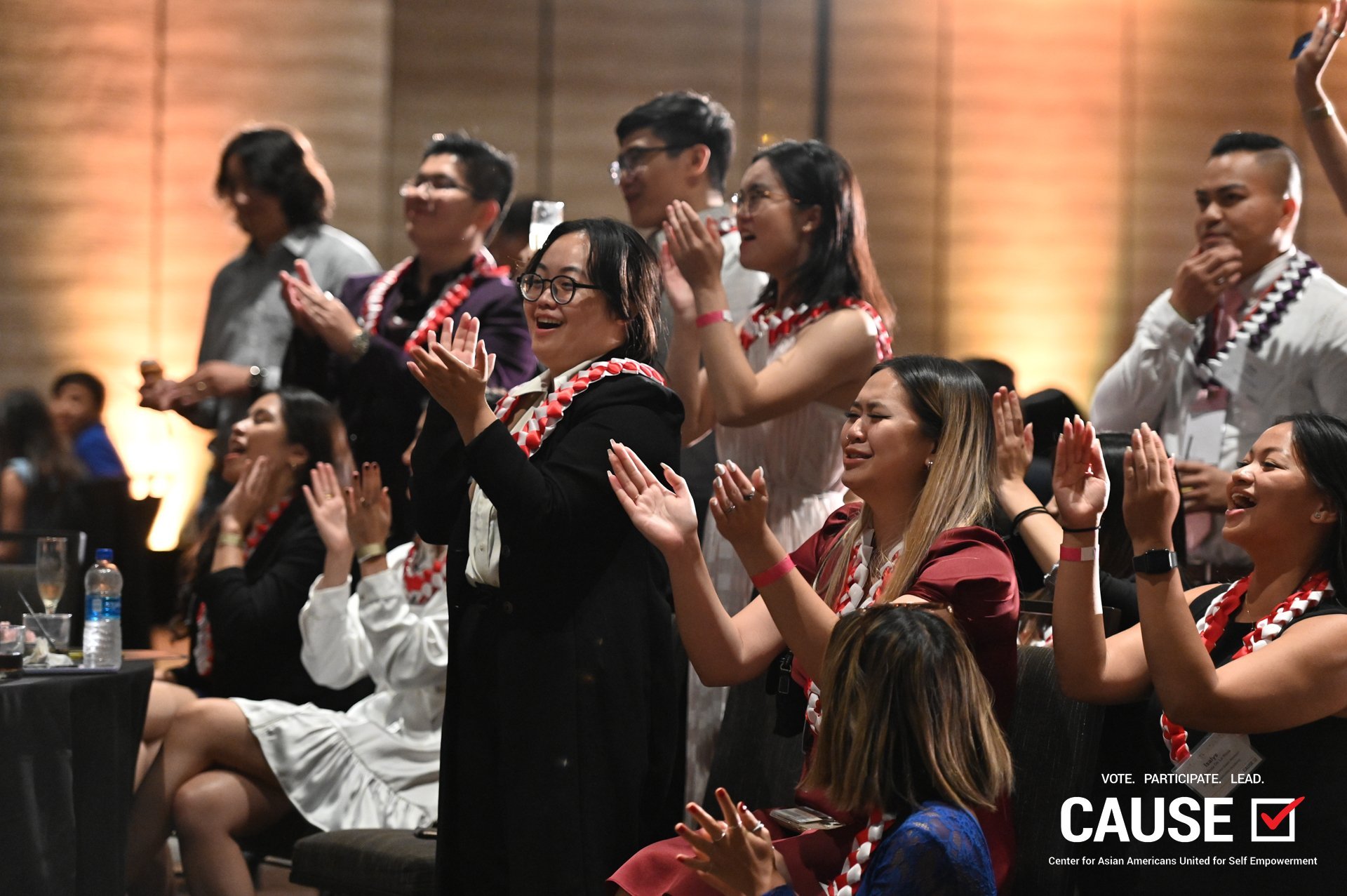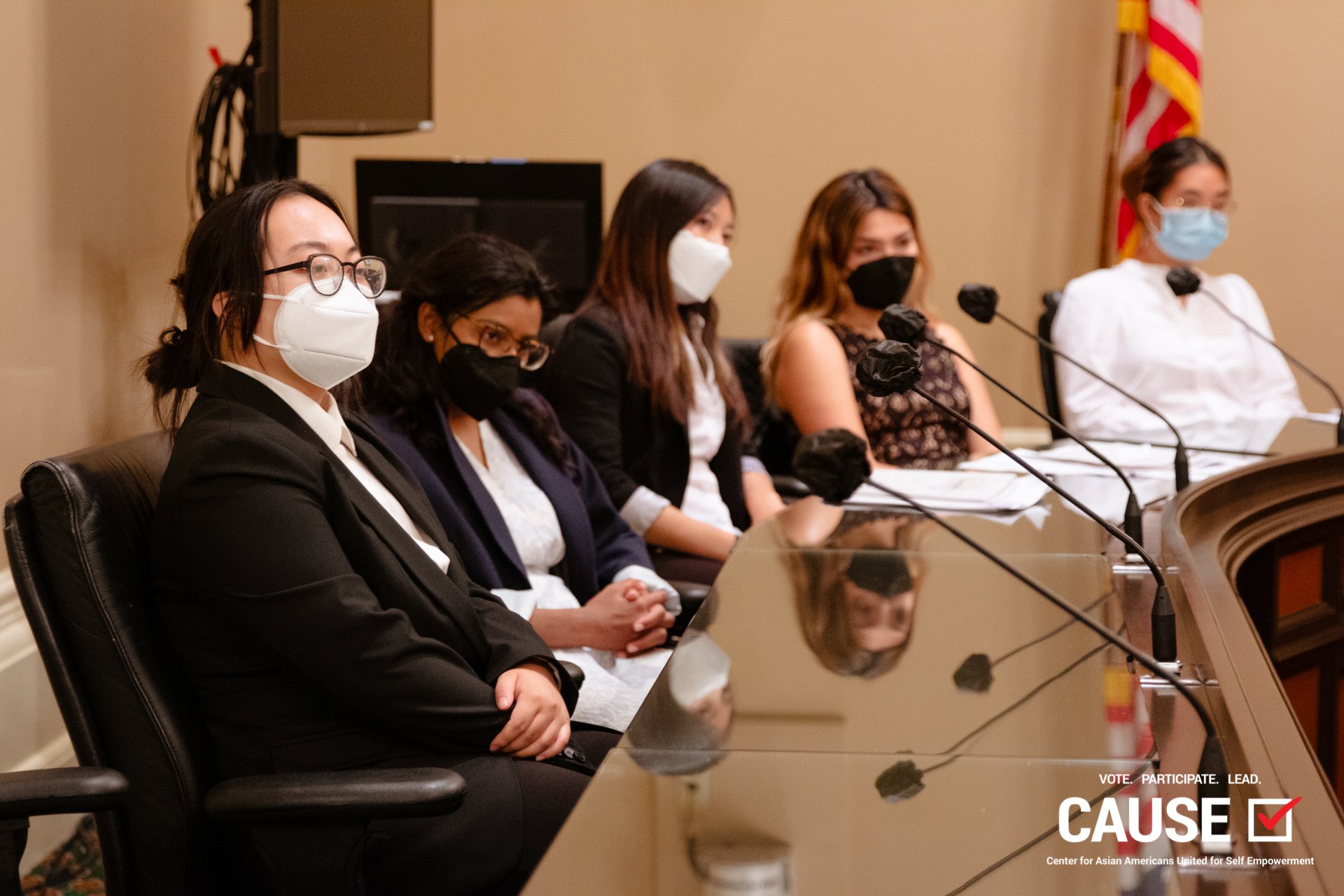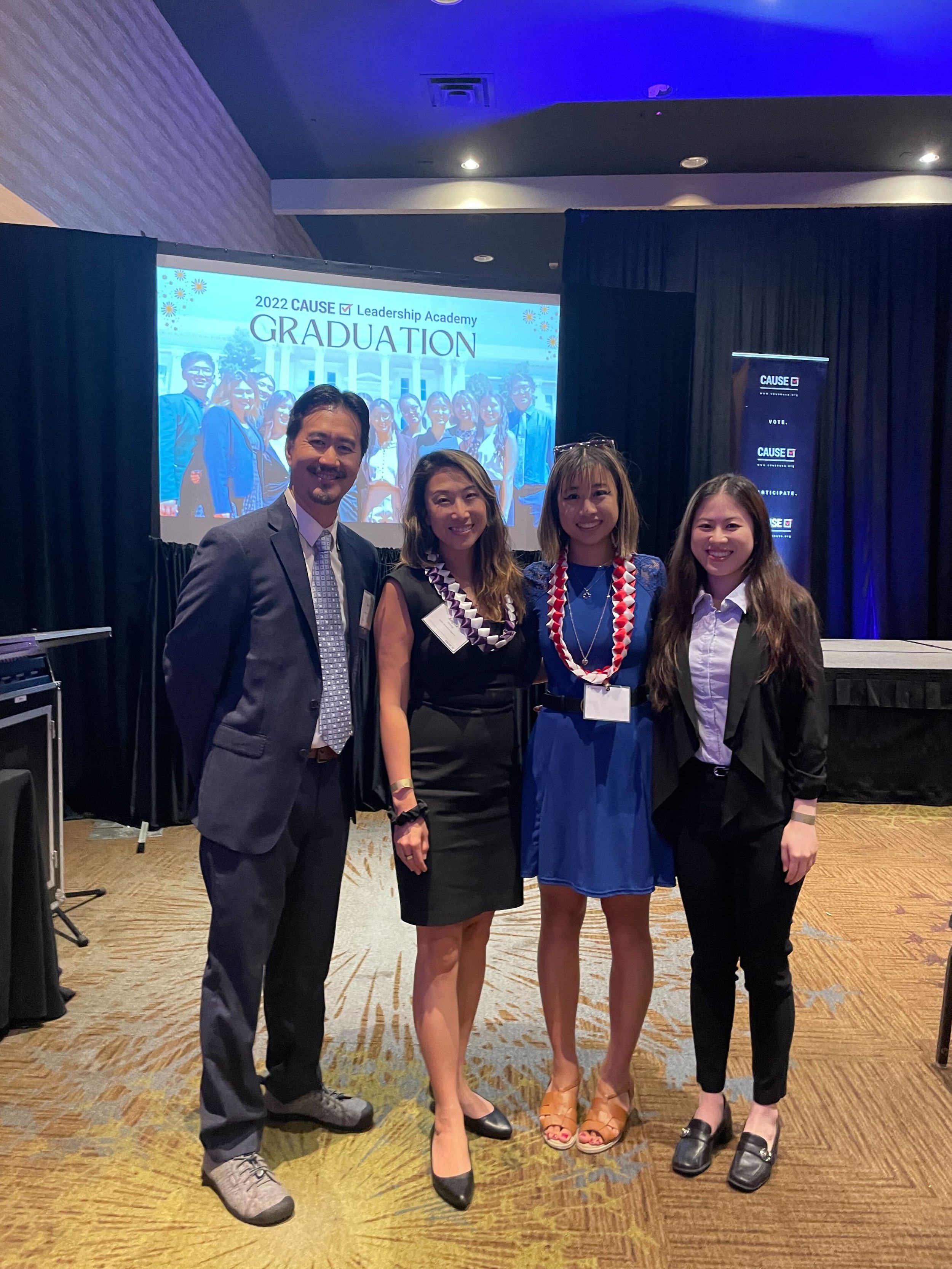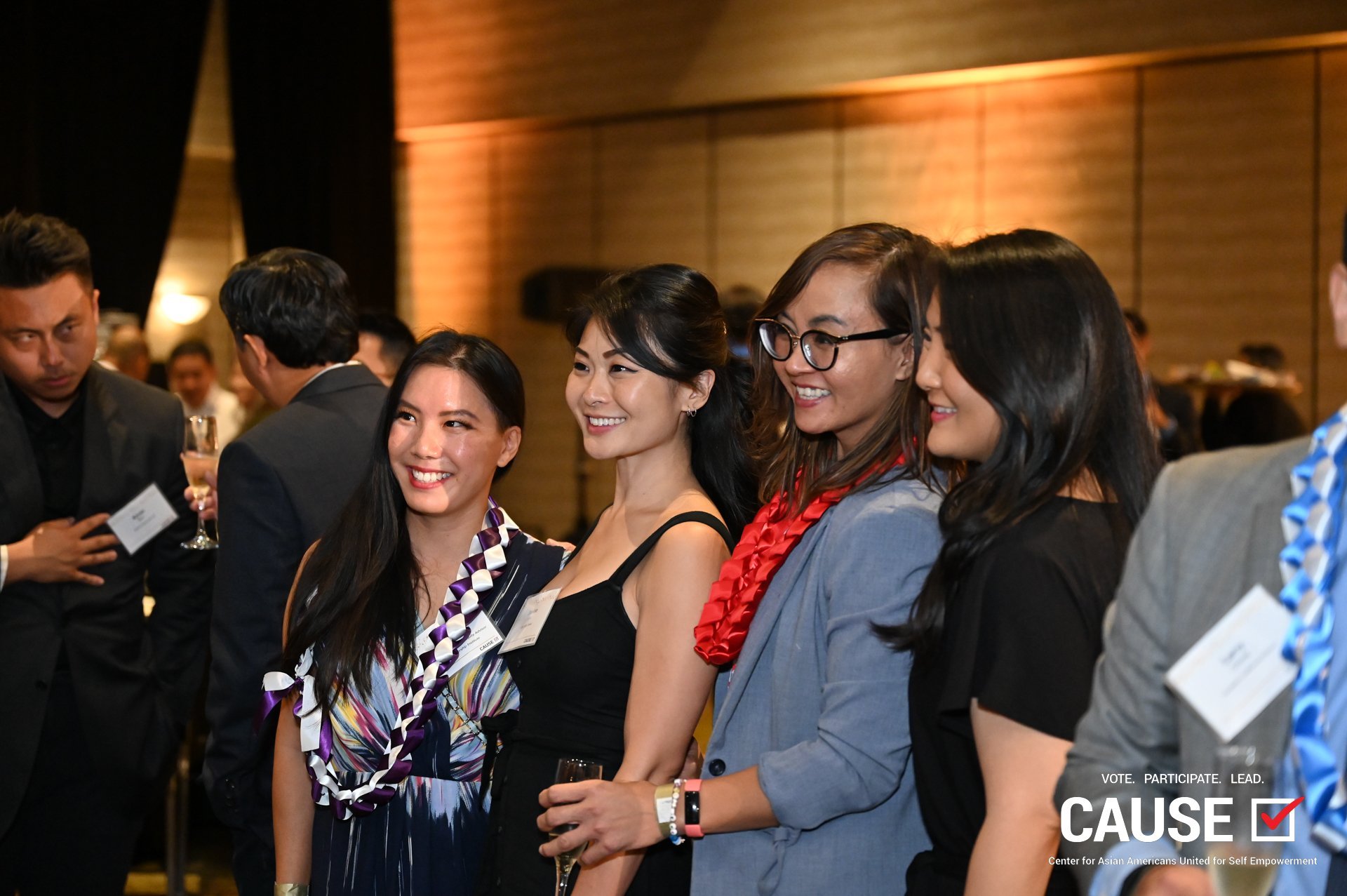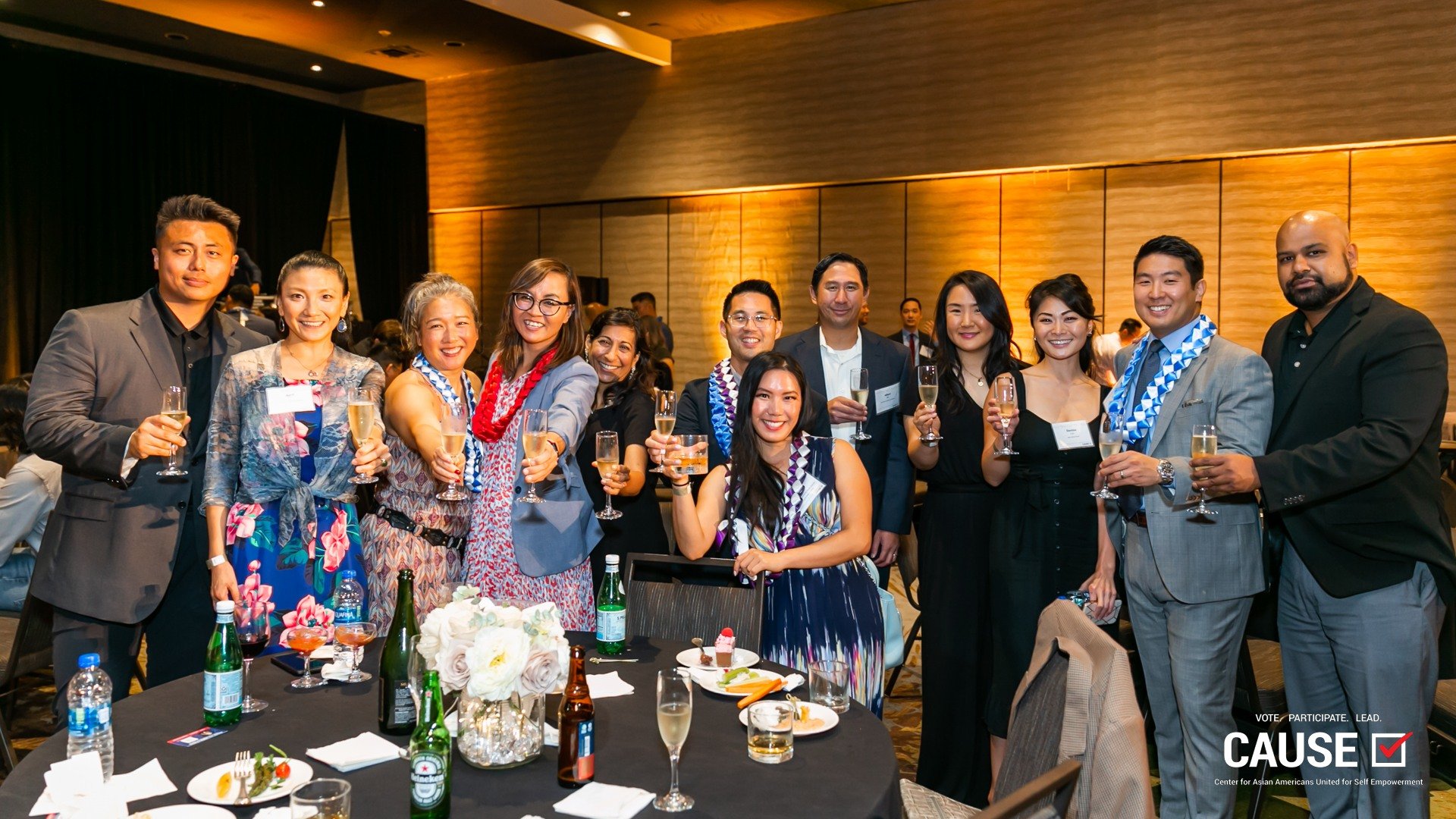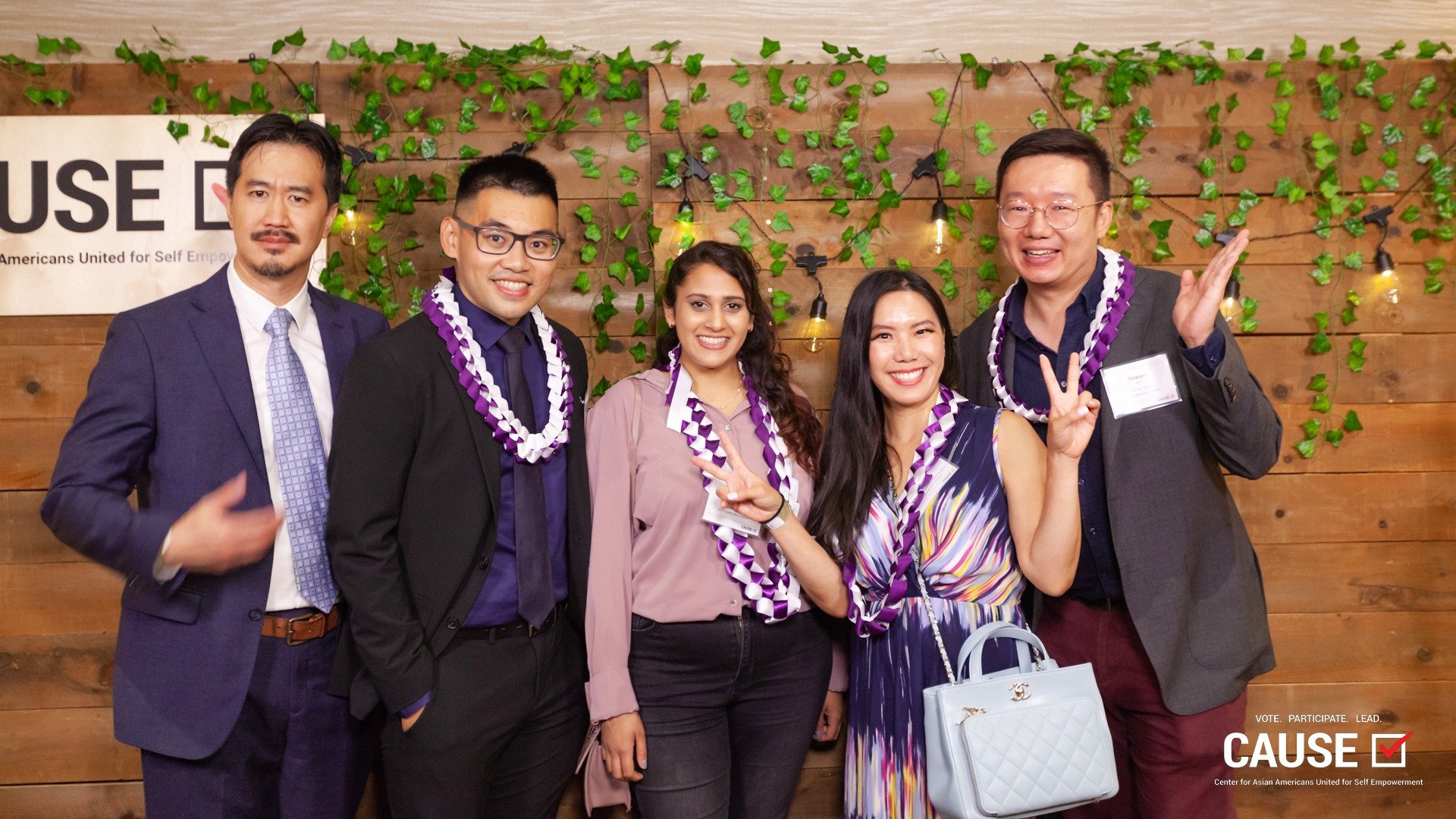During the fourth Pod Session of the CLI program, the fellows and I delved into the process of creating a community impact plan, focusing on essential components such as SMART goals, stretch goals, and power mapping. Such a plan serves as a catalyst for driving meaningful change within a community.
Within my pod group, I shared my plan to increase public safety for children in Long Beach, particularly in high-crime areas through a safe-walking program for students. The program would pair responsible adults with children walking home after school to foster a better sense of security and protection. With my community impact plan, I wanted to highlight the potential for collaboration with schools and parents and expanding the program to other neighborhoods besides my own. To ensure the successful implementation of this program, the support and involvement of various stakeholders, including school administrators, teachers, parents, volunteers, and, most importantly, the children themselves are vital. By working together, the safe walking program will make our communities safer for our children and inspire positive change.
Setting SMART Goals and Embracing Stretch Goals
To ensure the success of the program, it was crucial to establish Specific, Measurable, Achievable, Relevant, and Time-bound (SMART) goals. By adhering to these goals, I could create a structured framework that maximizes my program's impact. My SMART Goals for this initiative included:
Specific: Establish a partnership with a local school and engage parents involved in the Parent-Teacher Association (PTA) to volunteer for the program.
Measurable: Set a target of enlisting a minimum of 5 parent volunteers within three months of program implementation.
Achievable: Collaborate with school administrators, teachers, and parents to identify and address any logistical challenges associated with implementing the program.
Relevant: Ensure the program directly addresses the issue of public safety by creating a safe environment for children in high-crime areas during their after school commute.
Time-bound: Aim to launch the program within six months and continuously evaluate its effectiveness over the following year.
The SMART goal framework made me feel like my community impact plan was feasible, especially with the collaborative support of passionate individuals like my fellows who could provide expertise in various areas.
Additionally, incorporating stretch goals inspire me to imagine my program reaching beyond my initial expectations; such as expanding the program to other communities facing similar challenges. This expansion would require collaboration and support from additional stakeholders, including schools, local authorities, community organizations, and enthusiastic volunteers. Steve Lin, the CAUSE Director of Programs, explained that “Stretch goals push boundaries and inspire innovative approaches.” I was personally skeptical to hear this at first. But upon deeper inspection, I now have a better appreciation of stretch goals. By identifying and striving towards stretch goals, it can lead to personal growth that allows people to gain new insights into their capabilities and the potential impact they can make.
Power Mapping: Understanding Stakeholders and Relationships
Power mapping was an essential component of community impact planning to help visualize and understand the interconnectedness of stakeholders and their perspectives. This also enabled us to identify potential collaborators and supporters who share the same passion and goals. Engaging stakeholders through meaningful dialogue and collaboration establishes a sense of shared ownership, paving the way for sustainable impact and long-term success. This was a valuable insight to develop engagement strategies, build alliances, and effectively navigate potential challenges.
A power map of the my safe walking program includes:
School Administrators: Collaboration with school administrators will be needed to secure their support and leverage existing resources within the school community.
Teachers: Engaging teachers can foster a sense of trust and provide valuable insights into student safety concerns and the best ways to address them.
Parents: Active involvement of parents, particularly those connected to the PTA, can significantly contribute to the program's success and help encourage wider community participation.
Volunteers: Enlisting dedicated volunteers who share the vision of creating a safer community will be pivotal to the program's implementation and sustainability.
Children: Ultimately, the program's success lies in ensuring that children feel safe and comfortable participating. Establishing trust amongst and confidence from the children will be a critical aspect of this initiative.
Creating a safer community requires collective efforts and innovative solutions. By implementing a local program that allows adults to accompany children home in high-crime areas after school, I can enhance public safety and instill a sense of security within neighborhoods throughout Long Beach. With the SMART Goals and power mapping strategies I learned from this session, I know I can establish a robust foundation for this program and strive towards its expansion in the future. By setting SMART goals, embracing stretch goals, power mapping, and fostering a supportive community, we can all collectively contribute to driving positive change. Together, let's empower dreams and work towards creating a brighter future for all members of our community.
The views and opinions expressed in this publication are those of the author and do not reflect the views or positions of CAUSE or the CAUSE network.
Written by Annie Chean, Leadership Institute 2023 Fellow
The CAUSE Leadership Institute (CLI) for professionals is a 6-month-long certificate program that prepares and equips mid-career professionals with the tools, skills, and network to lead and advocate for the Asian Pacific Islander community.







